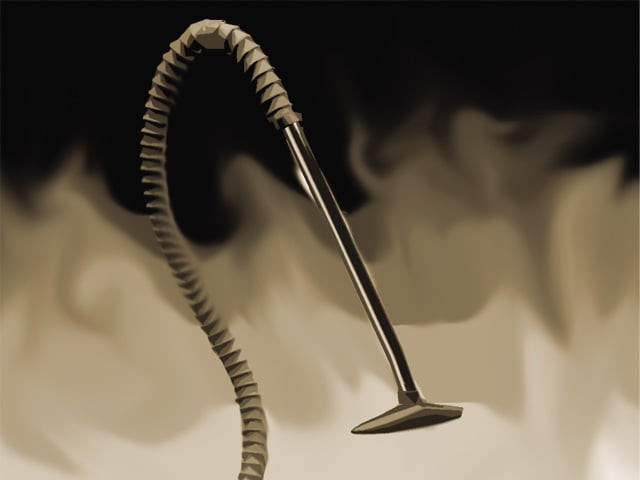State Bank lifts ban on currency export
The ban was implemented during the tenure of the last SBP governor Shamshad Akhtar to control capital flight.

An official release issued by the central bank on Wednesday cited a circular issued on May 9, 2008 which said, “exchange companies were disallowed to export cash in UK pound sterling, euro and United Arab Emirates dirham” and added that “it has now been decided to withdraw the instruction with immediate effect”.
The ban was implemented during the tenure of former SBP governor Shamshad Akhtar, with a view to controlling capital flight. Another restriction introduced during that period was the ban on Nostro accounts held by local foreign exchange dealers.
“The restriction on Nostro accounts shall remain in place,” SBP spokesperson Wasimuddin told The Express Tribune.
Foreign exchange dealers in the country had been lobbying against the ban on export of foreign currencies. They had held several meetings with the previous SBP governor though that had not yielded results in their favour.
“On January 6, 2011, a delegation of forex dealers met with State Bank Governor Shahid Kardar”, said All Pakistan Foreign Currency Dealers Association President Malik Bostan. He asserted that prior to the ban, “forex companies were depositing an average of about $400 million a month in the banking system, but after the ban was put in place this amount fell to just $200 million”.
Bostan added that the remaining cash flows of foreign currencies continued to be transferred out of the country through the unregulated sector. He lauded the decision of the central bank, claiming “precious foreign exchange that had been out of the system will be deposited with the banks”.
The central bank has clarified that export of all other currencies has remained unimpeded throughout this period. However the ban remains in place on the export of US dollars.
The State Bank has also instructed exchange companies to “ensure receipt of equivalent US dollars against exported currencies in their foreign exchange currency accounts maintained with banks in Pakistan within 3 working days”. SBP has also mandated dealers to document each transaction separately.
Rupee-dollar parity
The resumption of export of foreign currencies is expected to lend support to the local currency against the greenback. “If a dealer exports one million euros from here, he will have to deposit about $1.8 million given the current exchange rate, in a local bank here,” explained Bostan. “This will mean that there will be a higher influx of dollars to the banking system,” he added.
However, critics are not convinced that the lifting of the ban will derive positive results for the economy. “Technically the country’s official dollar reserves should increase as dollars are repatriated in exchange for the export of other currencies”, claims senior economist AB Shahid. “But once the central bank allows money changers to start exporting money themselves, it will have a very hard time keeping a check on the quantum of exports and where the money came from or went”, he added.
He pointed out that SBP has a limited number of employees for on-site inspections and doubted its ability to keep tabs on bank branches as well as money changers.
Shahid suggested that the central bank should monitor the situation in coming weeks to make sure that there is in fact “a positive impact on the foreign exchange reserves and that the forex dealers are depositing dollars within the stipulated time period”.
“If the desired effect is not witnessed the central bank should re-impose the ban and route all transactions through the banking system,” he opined.
Published in The Express Tribune, January 20th, 2011.



















COMMENTS
Comments are moderated and generally will be posted if they are on-topic and not abusive.
For more information, please see our Comments FAQ